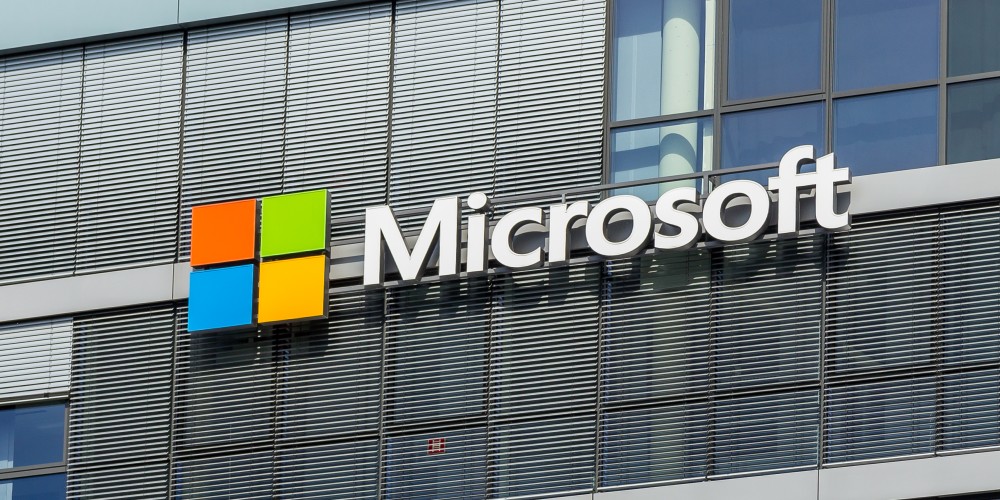United States Calls for Microsoft Security Overhaul After Exchange Hack
Apr-03-2024

In a landmark announcement that has sent ripples through the cybersecurity community, United States security officials have stressed the need for Microsoft to implement "fundamental" security reforms. This call to action comes in the aftermath of a significant cybersecurity breach, where China-backed hackers infiltrated Microsoft Exchange Online, compromising US government email accounts. Highlighting the gravity of the situation, the breach has exposed vulnerabilities that, according to experts, could have been prevented with more stringent security measures.
The Cybersecurity and Infrastructure Security Agency's Cyber Safety Review Board (CSRB) dedicated seven months to dissecting the incident through interviews with over 20 organizations and cybersecurity specialists. The board's findings were unequivocal in placing the blame not on external factors but squarely on Microsoft’s shoulders. It criticized the tech giant for its operational and strategic oversights alongside a corporate culture that appears to have sidelined crucial investments in enterprise security. Such a critique is not just a reflection of this single incident but signals broader industry concerns regarding how major tech companies prioritize security.
Specifically, the CSRB’s investigation points out that Microsoft's security protocols, at the time of the hack, substantially fell short of customer expectations. To remedy this, the board insists that Microsoft not only overhaul its security framework but also publicly share its plans to do so. This demand for transparency and accountability extends beyond Microsoft, with the CSRB calling on all cloud service providers to adopt similar reforms. These include endorsing audit logging standards, enhancing digital identity protections, detailing cloud service incidents, notifying breach victims promptly, and establishing a baseline for cybersecurity best practices.
The background context provided by CSRB Acting Deputy Chair Dmitri Alperovitch gives the attack a historical dimension, linking the perpetrators to a succession of high-profile cyber incursions stretching back over two decades. This long history underscores the persistent threat posed by state-backed hacking groups and amplifies the urgency for cloud services, including Microsoft, to intensify their defensive measures. The overarching message is clear: the sophistication and determination of these adversaries demand a more robust and proactive security posture from cloud providers.
The essence of the board’s recommendations is not merely to address the aftermath of the Exchange hack but to future-proof Microsoft and other cloud services against similarly cunning threats. While the proposed reforms are significant, they reflect the broader necessity of evolving cybersecurity strategies to combat an increasingly complex and hostile digital environment. As government and industry stakeholders ponder the CSRB's findings, the hope is that this episode will serve as a catalyst for systemic changes that reinforce the security and integrity of our global digital infrastructure.







